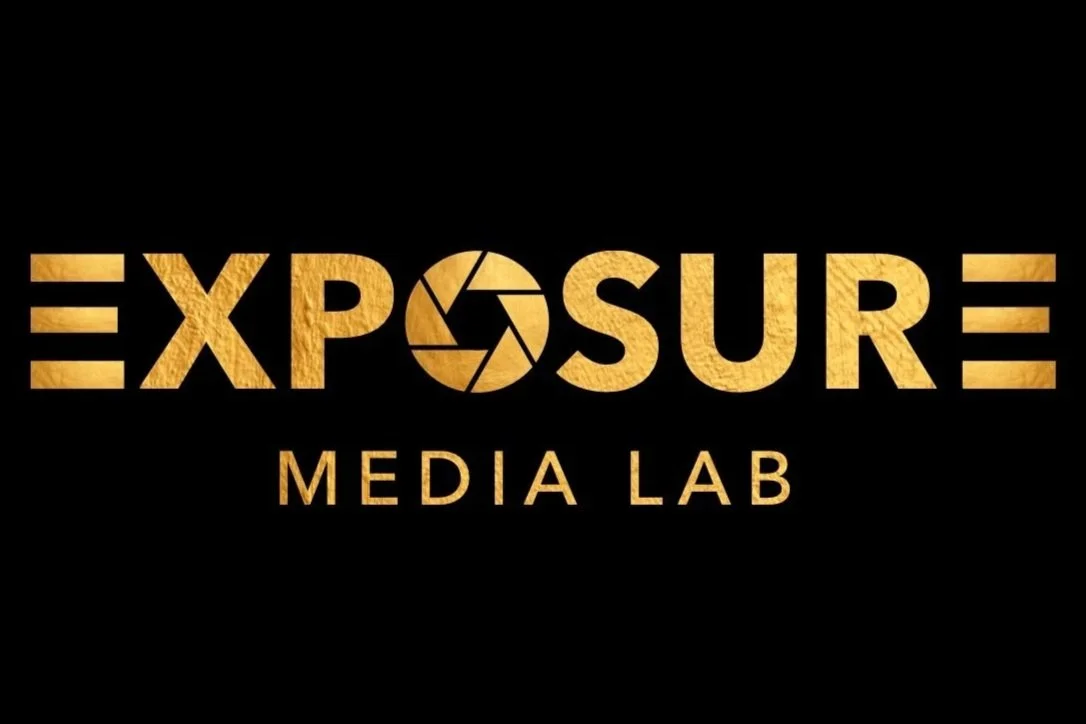How Small Businesses Can Use AI in Marketing to Scale Up
Artificial Intelligence (AI) is no longer a futuristic concept reserved for tech giants—it’s here, and it’s transforming how small businesses compete, grow, and scale. For small business owners, marketing often feels like an uphill battle against limited budgets, time constraints, and the challenge of standing out in crowded markets. AI is changing that by offering affordable, accessible, and highly effective tools that help you work smarter, not harder.
Why AI is a Game-Changer for Small Business Marketing
AI-powered tools allow businesses to automate repetitive tasks, personalize customer experiences, and make data-driven decisions. Instead of relying on guesswork, small businesses can now analyze customer behavior, predict trends, and reach the right audience at the right time.
With the right strategy, AI levels the playing field—giving small businesses the same type of insight and efficiency once reserved for big corporations with massive marketing budgets.
5 Ways Small Businesses Can Use AI in Marketing
1. Personalized Customer Engagement
AI can analyze customer data to create personalized recommendations, emails, and offers. For example, AI-driven email platforms like Mailchimp or ActiveCampaign can segment audiences automatically, sending the right message to the right person at the right time—boosting conversions.
2. Smarter Social Media Marketing
Managing social media can feel overwhelming, but AI tools like Buffer, Hootsuite, or Lately.ai use algorithms to suggest the best posting times, repurpose content, and even generate captions. Small businesses can maintain consistent engagement without spending hours each week planning posts.
3. AI-Powered Chatbots for Customer Service
Instead of hiring extra staff, small businesses can use chatbots on their websites and social channels to answer FAQs, book appointments, or recommend products 24/7. Tools like ManyChat or Intercom help improve customer service while freeing up your time for growth-focused tasks.
4. Content Creation and Optimization
AI writing tools (like ChatGPT 😉) can help brainstorm blog ideas, draft social captions, or create ad copy quickly. Paired with SEO tools like SurferSEO or Clearscope, AI can optimize your content for search engines so customers actually find your business online.
5. Data-Driven Advertising
AI-powered ad platforms (like Google Ads’ Smart Campaigns or Meta Ads) automatically adjust bids, target audiences, and optimize creative for better performance. This makes paid advertising more effective, even for businesses with modest budgets.
Tips for Getting Started with AI in Your Business
Start Small: Pick one area (social media, email, or customer service) and experiment with an AI tool.
Track Results: Use analytics to measure improvements in engagement, leads, or sales.
Combine Human + AI: AI enhances your work, but your authentic brand voice and human touch still matter most.
Final Thoughts
AI is not about replacing people—it’s about empowering small business owners to do more with less. By adopting AI-powered marketing tools, small businesses can save time, improve efficiency, and create experiences that rival much larger competitors.
In today’s competitive landscape, AI isn’t just an advantage—it’s becoming a necessity for growth.
